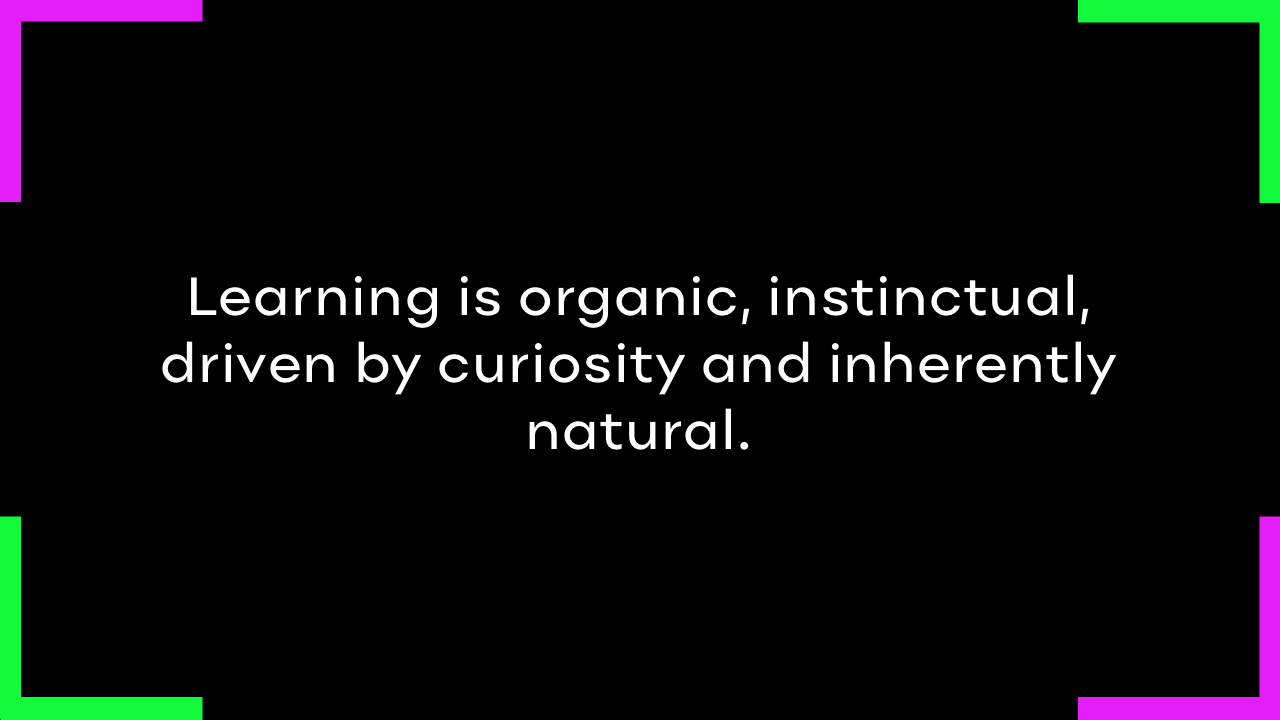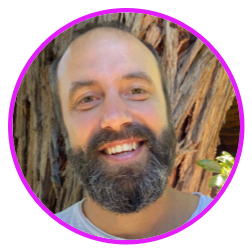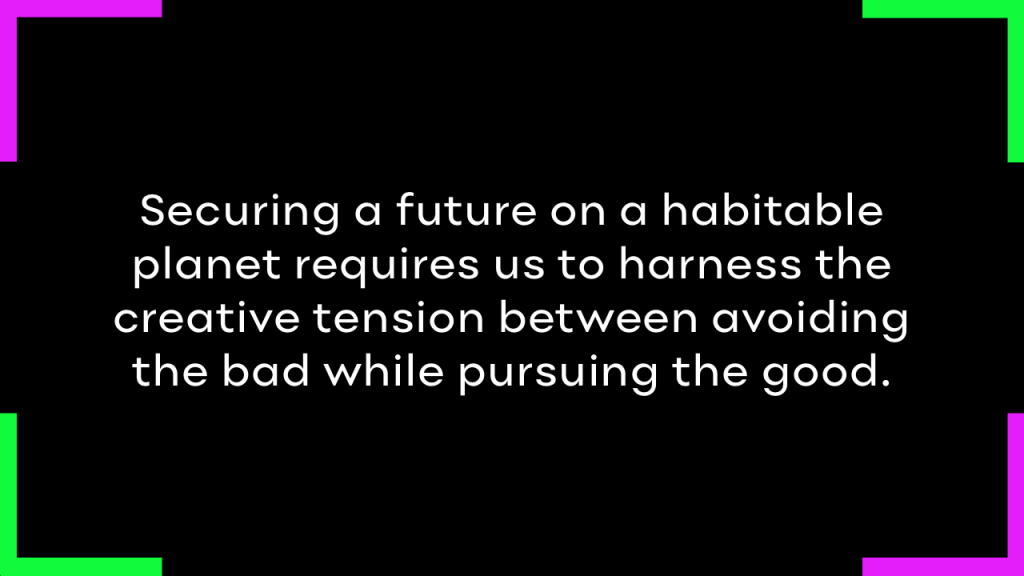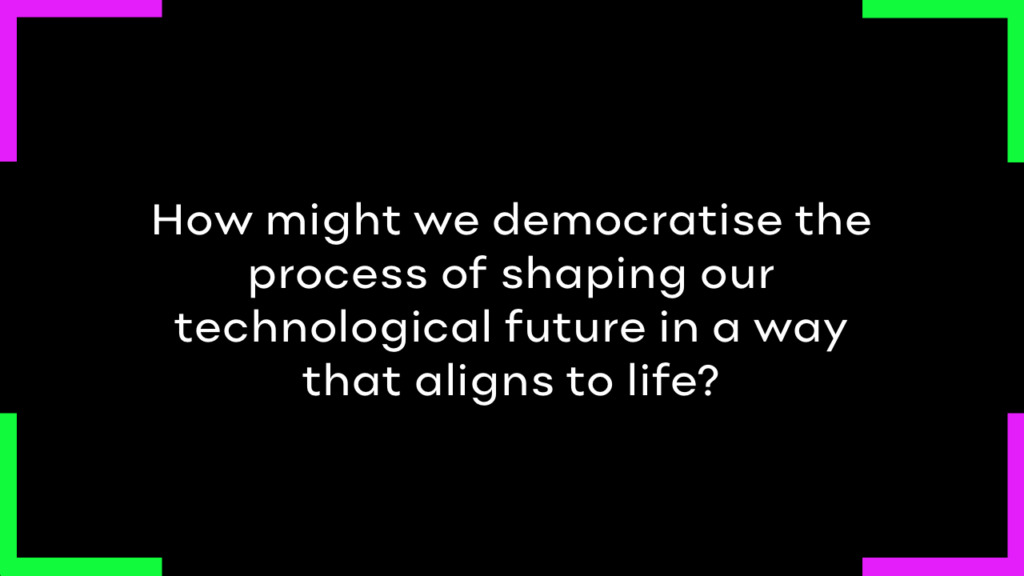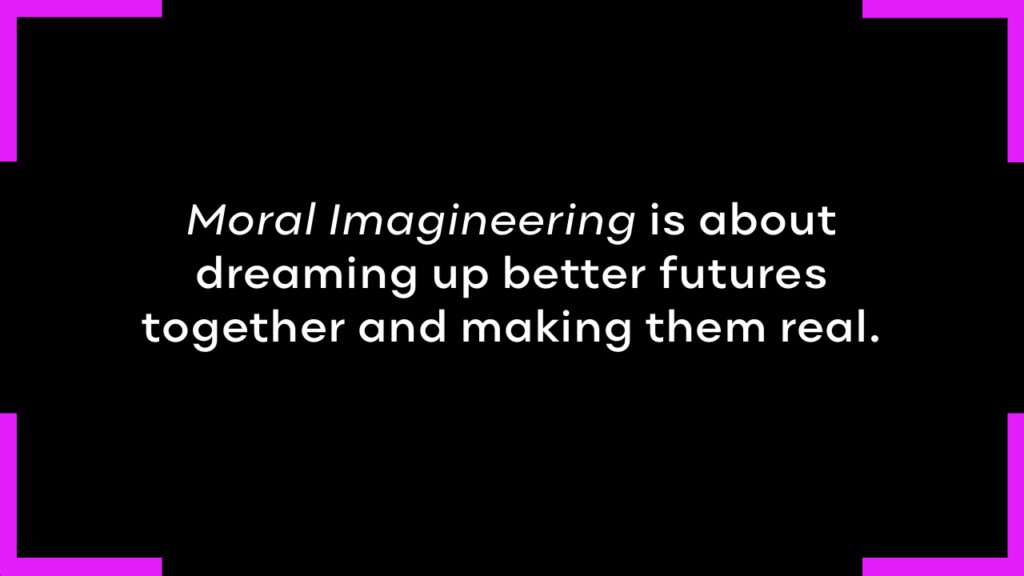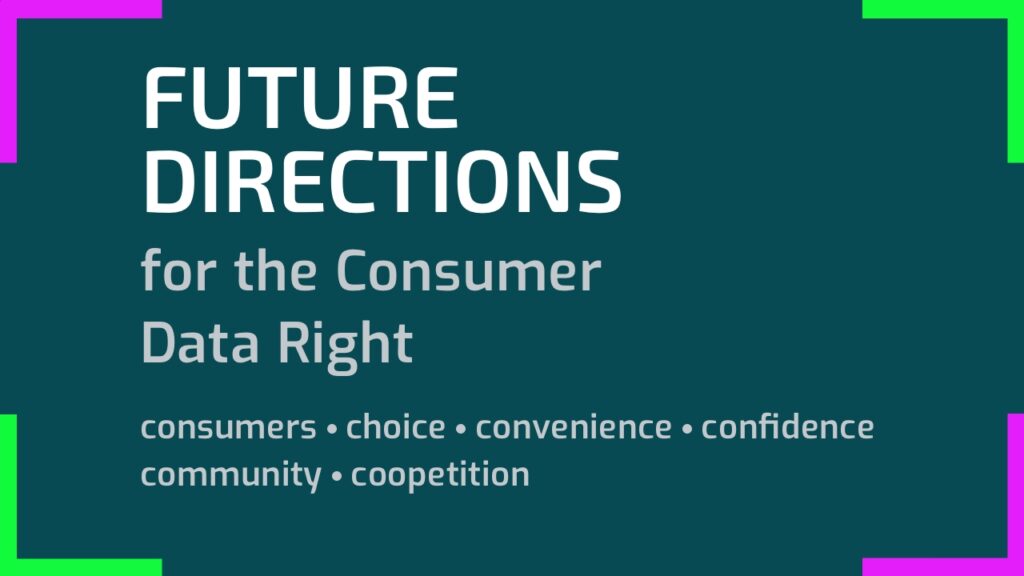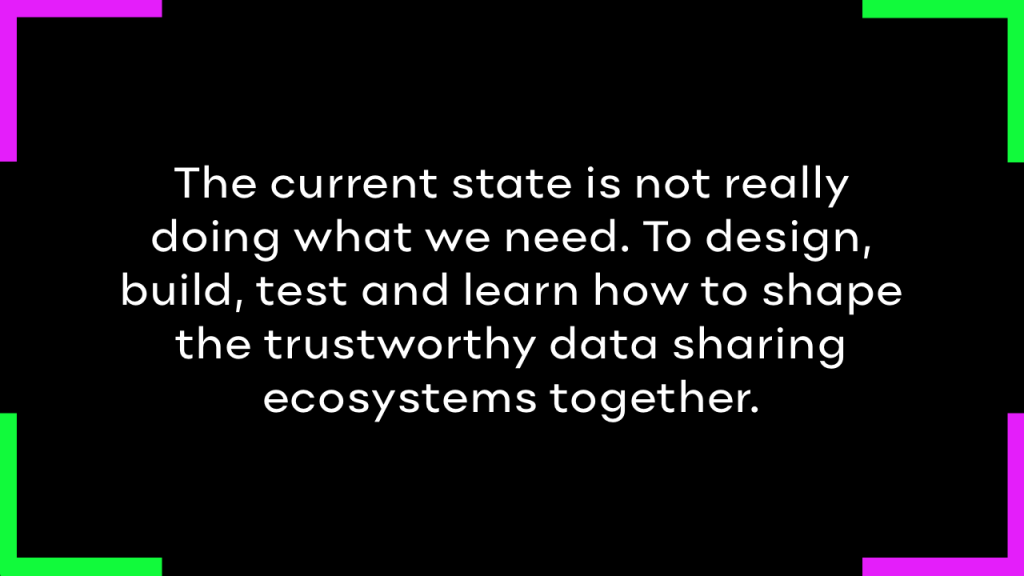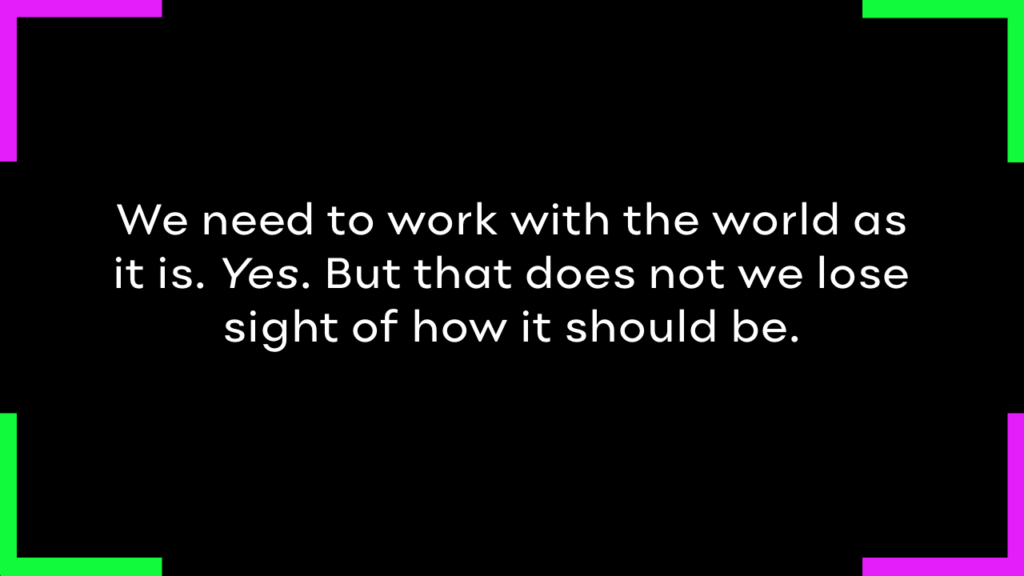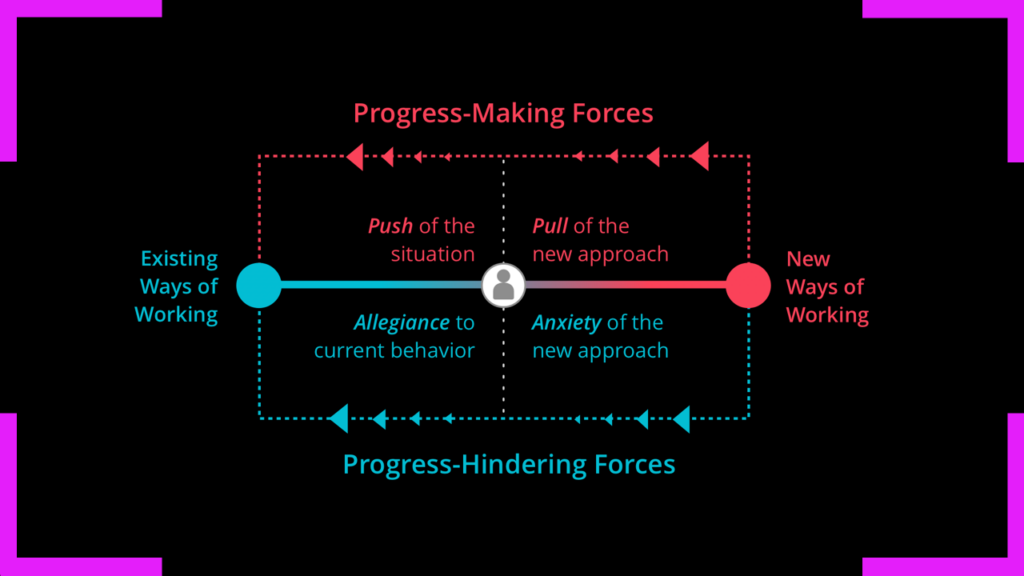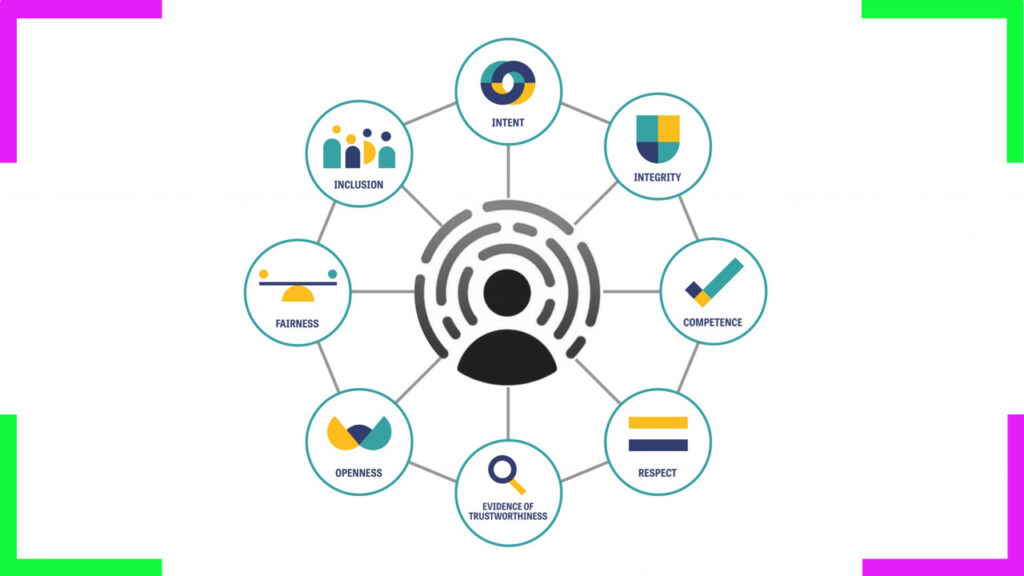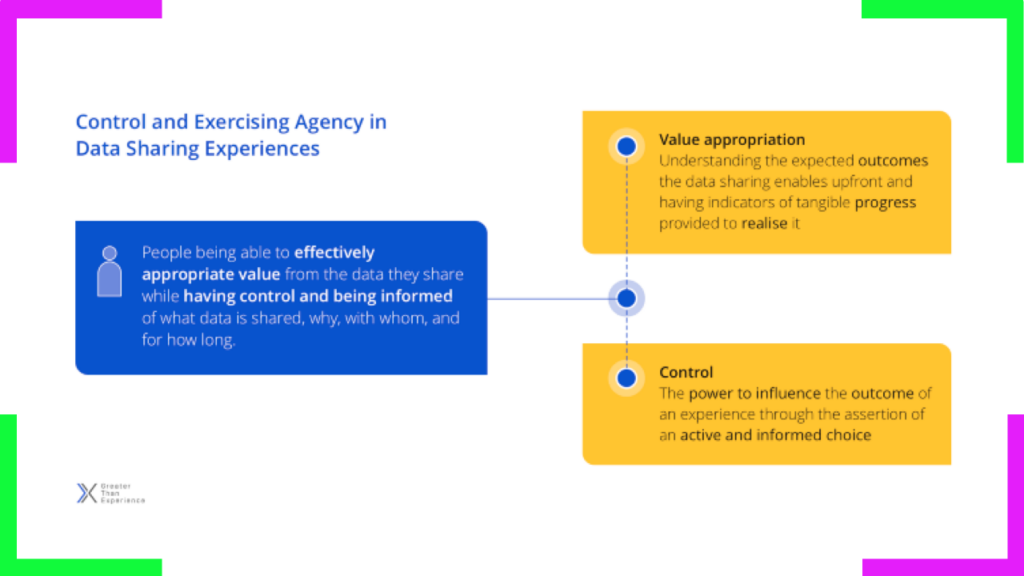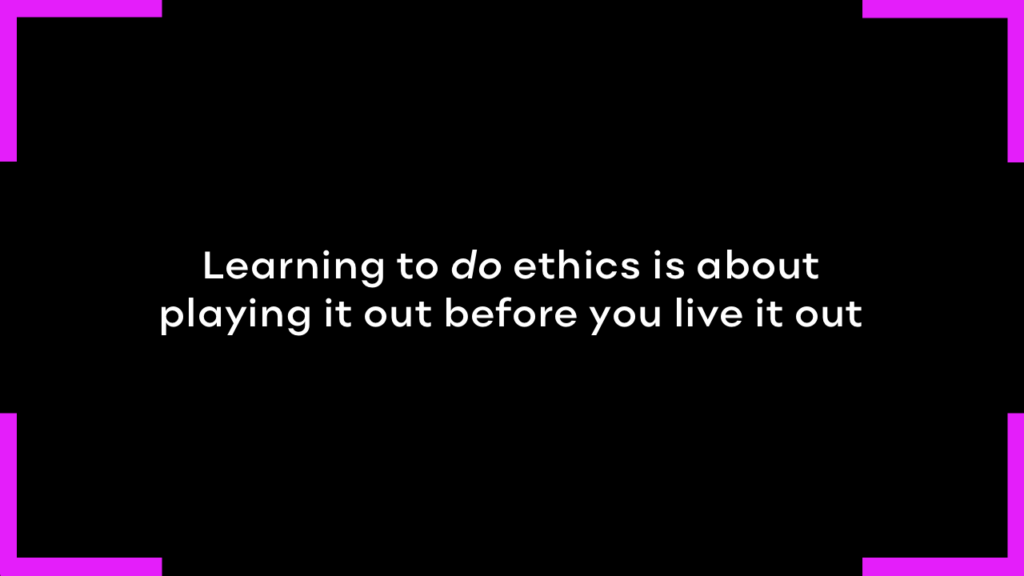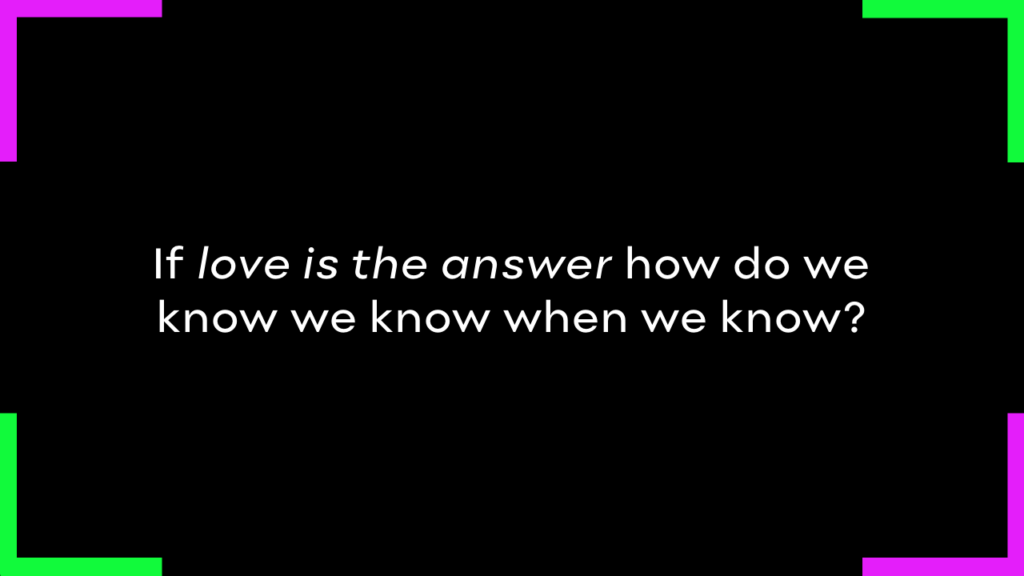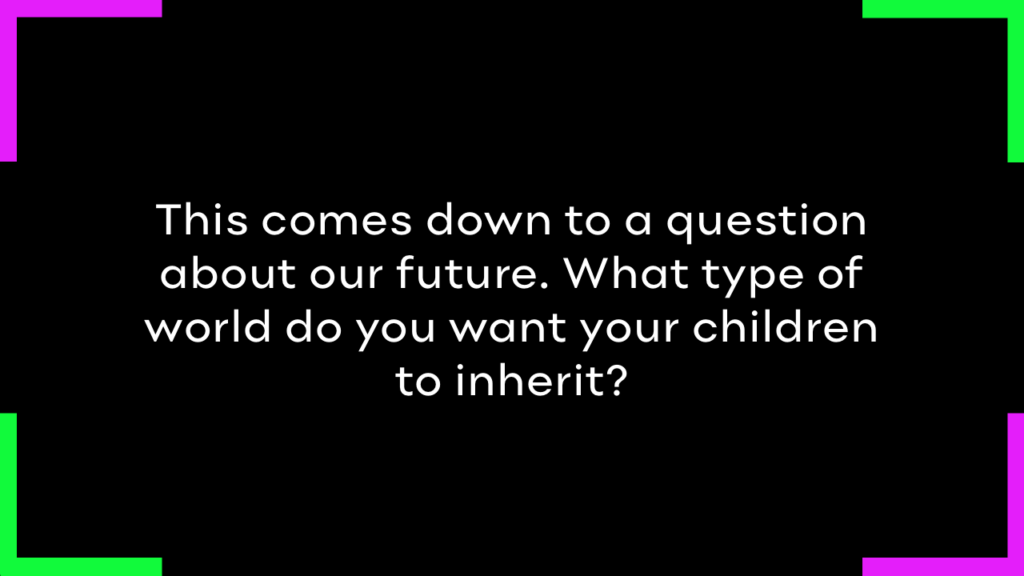I’ve encountered this often. People confuse learning with education and vice versa. But they are different.
Let me try to articulate what I mean…
Education is institutionalised spaces and standardised processes for learning. The accepted norms, behaviours, processes by which we transfer knowledge across time. Across generations. Universities, colleges, school, academies etc. These are spaces for institutionalised ways of learning. Following standards, set structures and rules.The foundations in which they evolved from are still there. Universities were established to pass knowledge down to the aristocracy and children of the wealthy. Perpetuating power structures. Schools to ensure people were connected to mechanical time (kronos time) and to ensure they had basic literacy and numeracy skills to work in factories. To scale with the need for the division of labour required to build the modern westernised world. To coordinate labour for capital. Much of the modern curricula we see is based on standardisation for these aims. Testing knowledge and competencies. As much as a passionate teach tries to hack the standard curriculum they are in a context where the constraints set the limits on how effectively they can encourage self-directed learning.
People go to a university or do a course on Coursera. It’s the expert ending the non-expert with knowledge. It’s a power relationship between the teacher and the student. They do the courseware, repeat the same lessons, diverging slightly. Regurgitating much of the same output. It’s rinse and repeat.
This is reflective of poorly designed systems for learning. Like the saying I use to hear from most of my student peers at uni “P’s get degrees” – as in most people were just looking to pass (P). Not learn. They wanted the piece of paper at the end so they could follow the dominant narrative. Go to school. Take a gap year. Go to university. Maybe intern. Get a job. Find a partner. Start a family. Get a mortgage. Work till you’re 70 paying it off…then retire and hopefully get time to now relax and enjoy time with the grandkids. But statistically they’ll likely die soon after. There is again variance here and I am speaking from a relatively privileged and biased position being a 40 something year old white male living in Australia my whole life. Though I have travelled and have had a pretty unorthodox life journey. So I am, like you, a product of my context to a very large extent.
I would say the “academy” has misaligned incentives. Universities reproduce the memes and narratives of power. Tenures and publishing quotas, funding cuts, tradeoffs and industry influence, endowment funds, donors and pressure of where money goes when it is “given”. Education is teaching and training. But in universities. The purpose for the most part is to perpetuate the status quo. Models and maps of the world. There is a place for this. We couldn’t build our modern civilisation, all the infrastructure we have, if we didn’t have this. For example, civil engineering is deterministic. The knowledge of mathematical constants is used to test geometrical patterns, weight bearing, material densities and strengths, and the trajectory of a bridge being constructed in sections or to meet in the middle. We needed institutionalised learning (education) for this. All the engineers need to be basing their view of the world on the same explanatory models. The same laws of physics.
Learning in comparison is organic, instinctual and natural. It is life. Constant change. Non linear. Animals, plants, fungus, insects all do it etc. Learning is encoded in our DNA. We watch, mimic and make connections as we are exposed to stimuli. We play, we do, we try and fail, repeat and learn. We immerse ourselves in the experience (kairos time). In the stories and meaning they imbue. It’s an ongoing process of discovery. Developing know what to know how. Embodied knowledge and cognition come more through learning by playing and doing than reading a book, blog post, or listening to a podcast. We have too much cerebral, abstracted knowledge and not enough that is truly embodied. Kids don’t always need the know-why. Adults are slightly different but I believe this is related to our bias to action and problem solving we have as a result of institutionalised learning. E.g. I want to learn this so I can get a better job. I want to learn this so I can get a promotion. I want to learn this because I need to solve a problem. Not harnessing natural curiosity and intrinsic motivation. Importantly that problem identification is situated in the paradigm we are all interwoven with. Our broader operating system for modern civilisation if you will.
But it’s easy to get bogged down in semantics with this so I will avoid explaining as my time (kronos) constraints mean it will likely end up more incoherent than I would like it to be. Hence part of the problem.
Our interfaces for expressing ourselves are limiting. Can I type of the speed of my thought? No. I can’t even speak at the speed of thought most of the time. Unless I’ve taken some psilocybin and decide to spit out a cypher. It’s also linear. Learning sometimes needs deep uninterrupted time. From what I understand it is that the best learning happens when the interface matches speed of the brain and body making connections. Conversations and observations. Playing and practice. We learn best in environments that reflect this natural style of learning that taps into intrinsic motivators and the inner curiosity that is the best drive of learning. How do I teach my child about physics? Through conversations and demonstrations. Showing them how it works in simple aspects of life and how the world works. Letting them play with and feel the cause and effect. Questioning and discussion in real time and in a context that harnesses any immediate intrinsic motivation. Yes, motivation…the why.
I’m more interested in learning and how education should facilitate this. What does an education system designed around learning look like? How might Challenge Based Learning models be the base scaffolding for curricula? How might we institutionalise learning contexts that are transdisciplinary and intergenerational?
If you want to share insights or want to collaborate, reach out.

